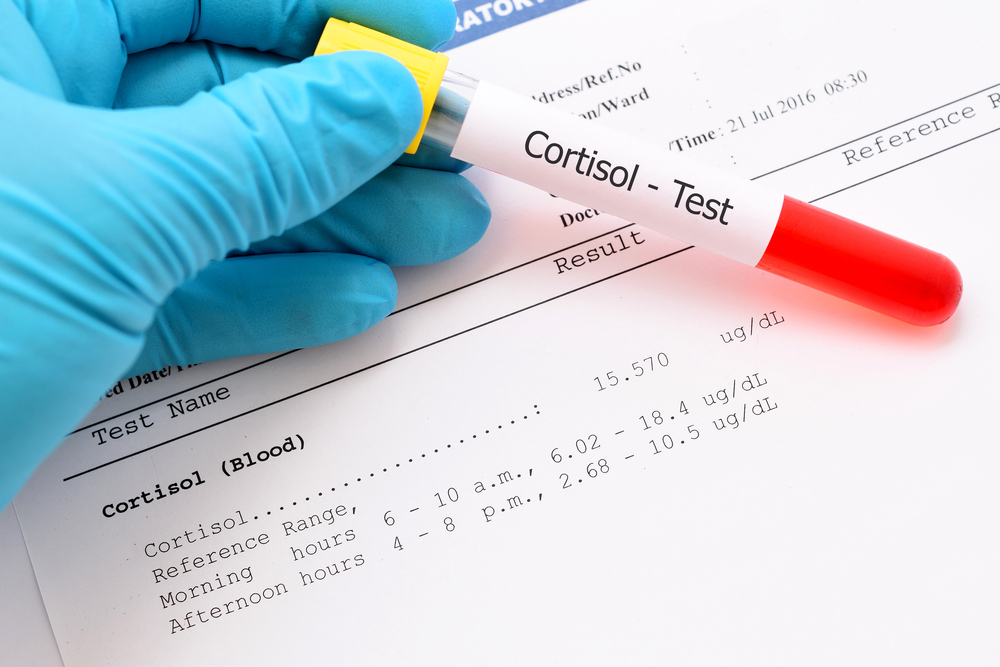Faster Adrenal Recovery May Predict Cushing’s Disease Recurrence
Written by |

A shorter duration of adrenal insufficiency — when the adrenal gland is not working properly — after surgical removal of a pituitary tumor may predict recurrence in Cushing’s disease patients, a new study suggests.
The study, “Recovery of the adrenal function after pituitary surgery in patients with Cushing Disease: persistent remission or recurrence?,” was published in the journal Neuroendocrinology.
Cushing’s disease is a condition characterized by excess cortisol in circulation due to a tumor in the pituitary gland that produces too much of the adrenocorticotropic hormone (ACTH). This hormone acts on the adrenal glands, telling them to produce cortisol.
The first-line treatment for these patients is pituitary surgery to remove the tumor, but while success rates are high, most patients experience adrenal insufficiency and some will see their disease return.
Adrenal insufficiency happens when the adrenal glands cannot make enough cortisol — because the source of ACTH was suddenly removed — and may last from months to years. In these cases, patients require replacement hormone therapy until normal ACTH and cortisol production resumes.
However, the recovery of adrenal gland function may mean one of two things: either patients have their hypothalamus-pituitary adrenal axis — a feedback loop that regulates ACTH and cortisol production — functioning normally, or their disease returned.
So, a team of researchers in Italy sought to compare the recovery of adrenal gland function in patients with a lasting remission to those whose disease recurred.
The study included 61 patients treated and followed at the Ospedale Maggiore Policlinico of Milan between 1990 and 2017. Patients had been followed for a median of six years (minimum three years) and 10 (16.3%) saw their disease return during follow-up.
Overall, the median time to recovery of adrenal function was 19 months, but while most patients in remission (67%) had not yet recovered their adrenal function after a median of six years, all patients whose disease recurred experienced adrenal recovery within 22 months.
Among those with disease recurrence, the interval from adrenal recovery to recurrence lasted a median of 1.1 years, but in one patient, signs of disease recurrence were not seen for 15.5 years.
Statistical analysis revealed that the time needed for adrenal recovery was negatively associated with disease recurrence, suggesting that patients with sorter adrenal insufficiency intervals were at an increased risk for recurrence.
“In conclusion, our study shows that the duration of adrenal insufficiency after pituitary surgery in patients with CD is significantly shorter in recurrent CD than in the persistent remission group,” researchers wrote.
“The duration of AI may be a useful predictor for CD [Cushing’s disease] recurrence and those patients who show a normal pituitary-adrenal axis within 2 years after surgery should be strictly monitored being more at risk of disease relapse,” they concluded.





